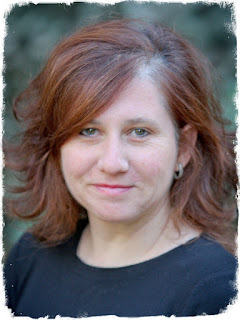Rav Chaim Navon
Rabbi Chaim Navon teaches Gemara and Jewish thought in Herzog College at
Yeshivat Har Etzion and at Midreshet Lindenbaum. He is an author of several
series of shiurim online at the VBM—The Israel Koschitzky Virtual Beit Midrash
of Yeshivat Har Etzion. Rabbi Navon authored a number of books including:
Caught in the Thicket: An Introduction to the Thought of Rav Soloveitchik. He
studied at Yeshivat Har Etzion from 1992 to 2004 and received rabbinic
ordination from the Chief Rabbinate of Israel and Rabbi Aharon Lichtenstein.
1. What Jewish message does the world need to hear?
I don’t believe that a one-off, short message would particularly influence
the world. Real change is made through slow, deliberate, long-term education.
2. What area do you see that Rabanim/teachers do not stress enough?
Paradoxically, I would say – God. We have moved from a time when Rabbis would speak only of God, to the other extreme - Rabbis who speak about every possible subject except God. I include myself in this category.
3. What part of Jewish learning
would you advise people to focus on if they have minimal time (e.g. busy
working people with families)?
I
recommend people not focus on just one aspect of Torah. Every Jew
should learn the weekly parsha, every Jew should learn Halacha. It is
worthwhile also learning gemara. Apart from that, whatever learning a person is drawn to.
4. I have often thought that we
in the modern orthodox community are walking a tightrope between different
worlds both of which we want to belong to and be active in which may detract
from our full attention to one or the other particularly to the Jewish side.
Can you give some ideas or direction how to connect more deeply to the Torah
and Hashem? (Books, ideas, programmes, activities)
The problem is in the root of the issue, not in the symptoms. The root is the essential understanding that we are not trying to find a balance between two worlds - between holy and secular, between God and general culture. We should consider ourselves embedded and rooted in God and holiness. We are “modern” and Zionist only because we think that is what God requires of us. As long as we don’t have this clearly understood, that secular is secondary and bound by holiness, we are going to have issues.




Comments
Post a Comment